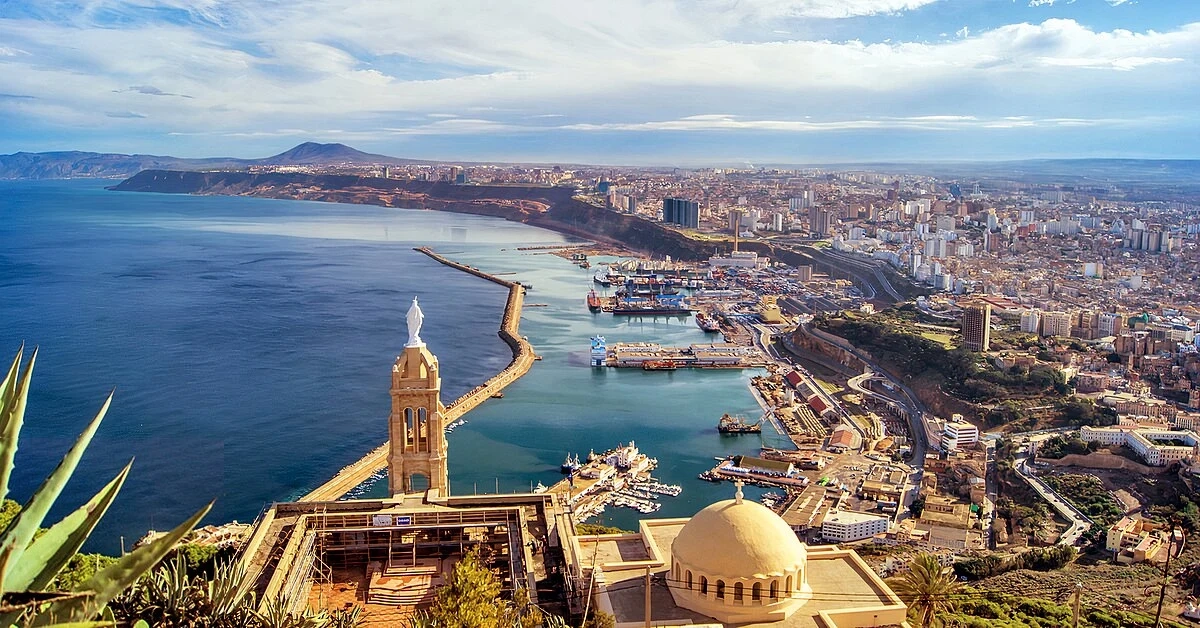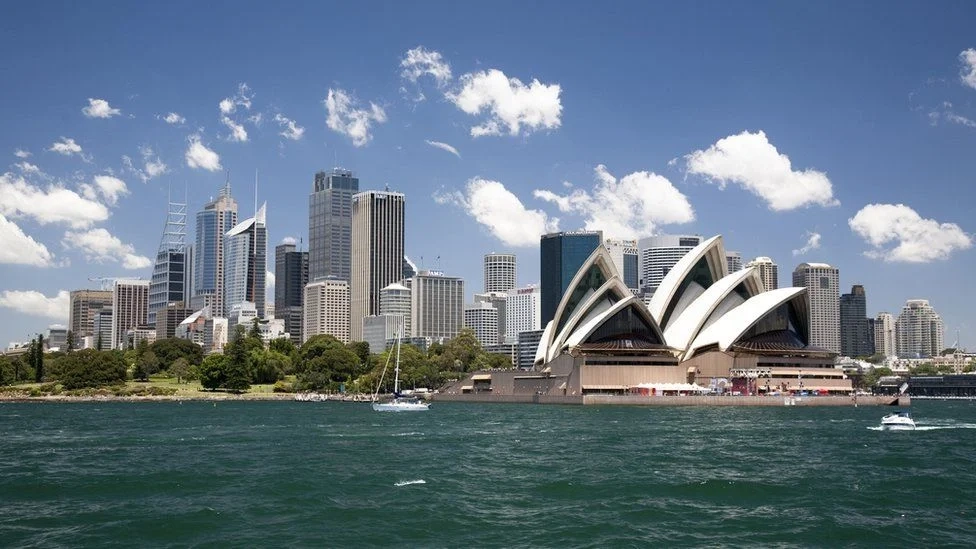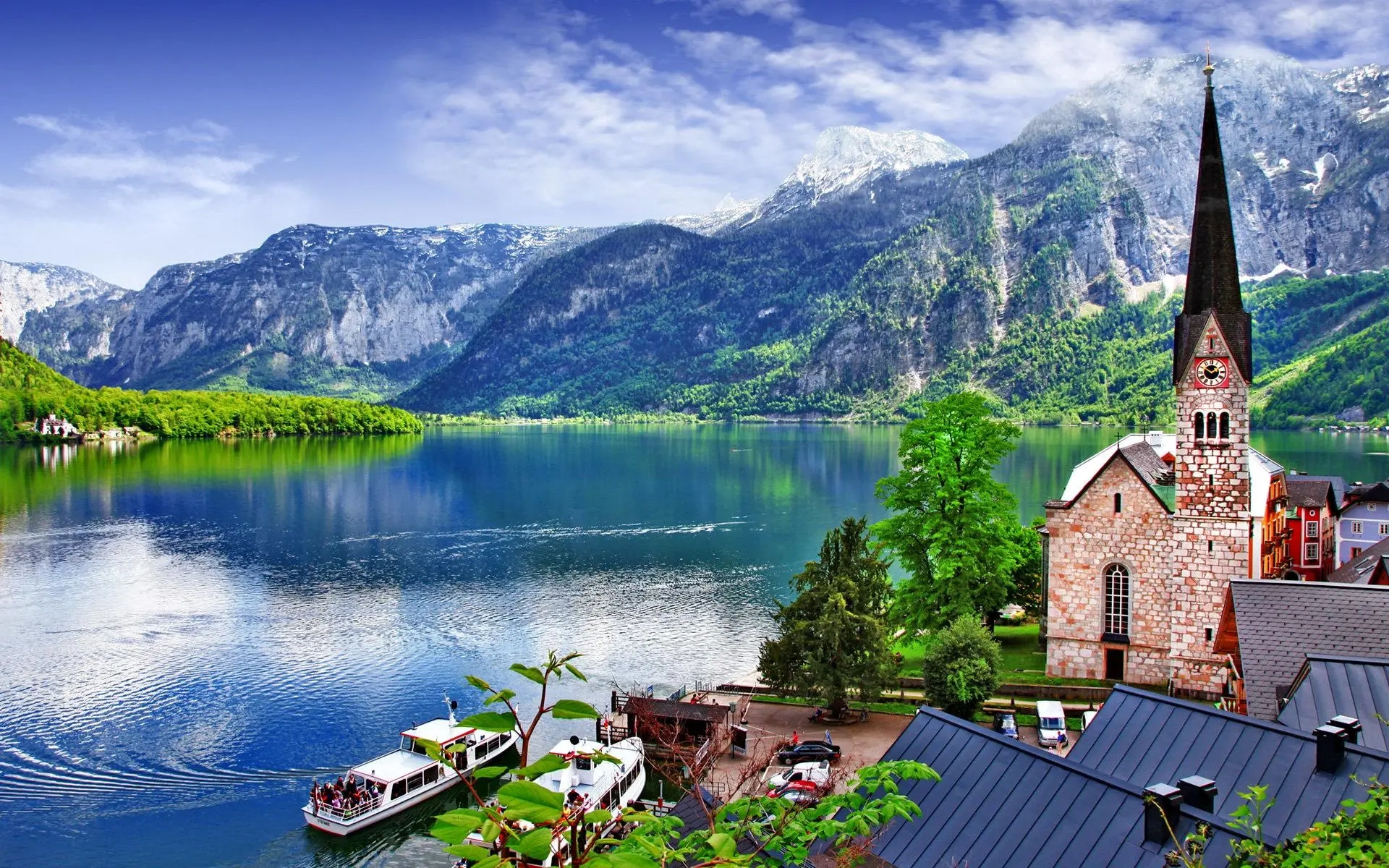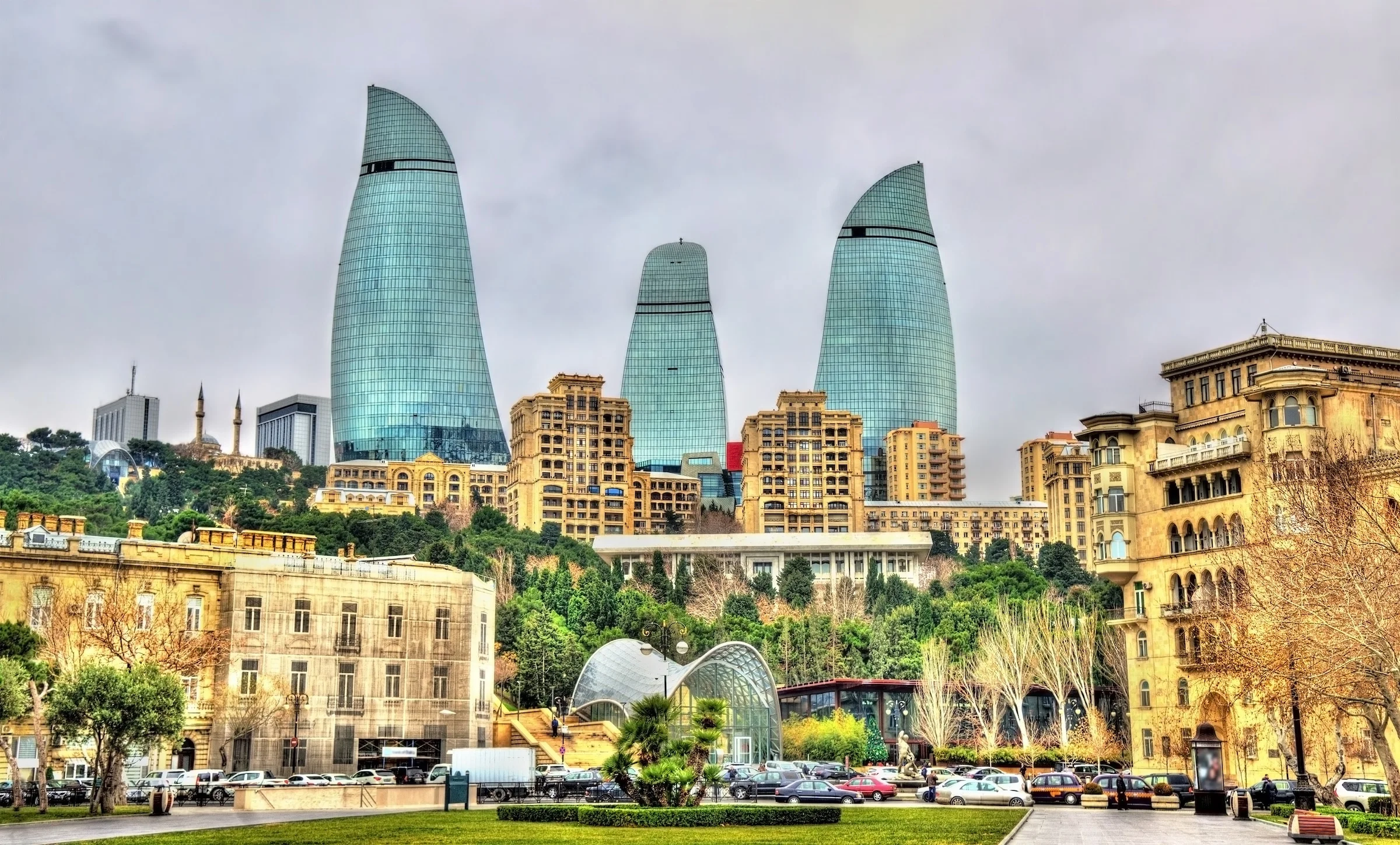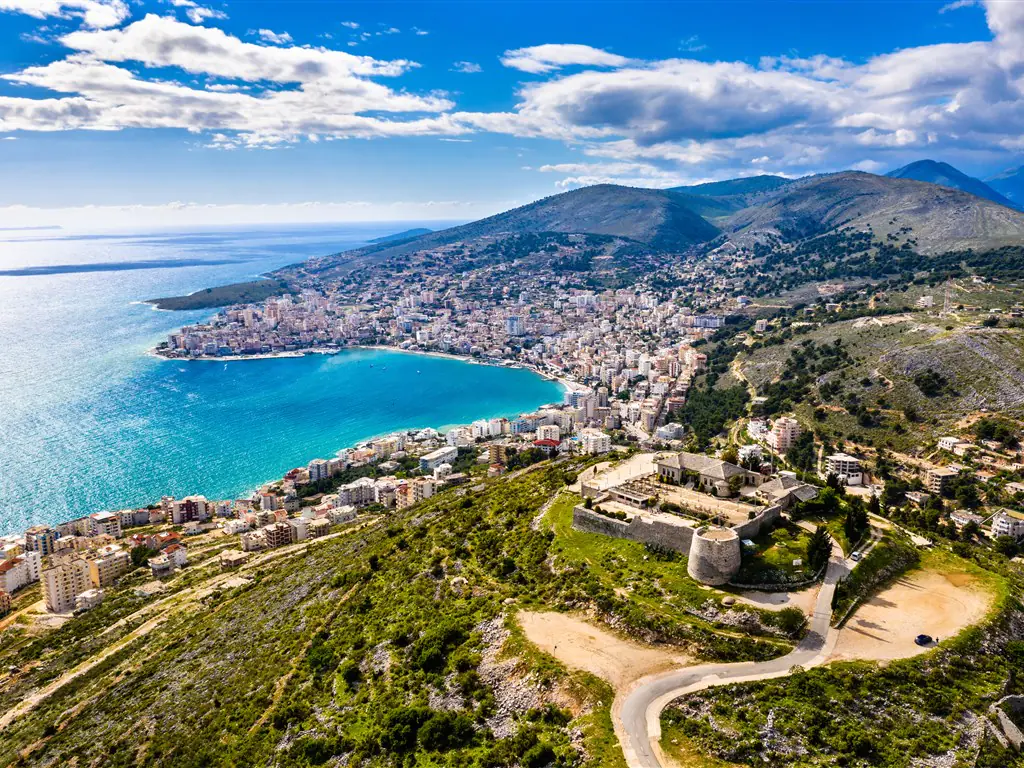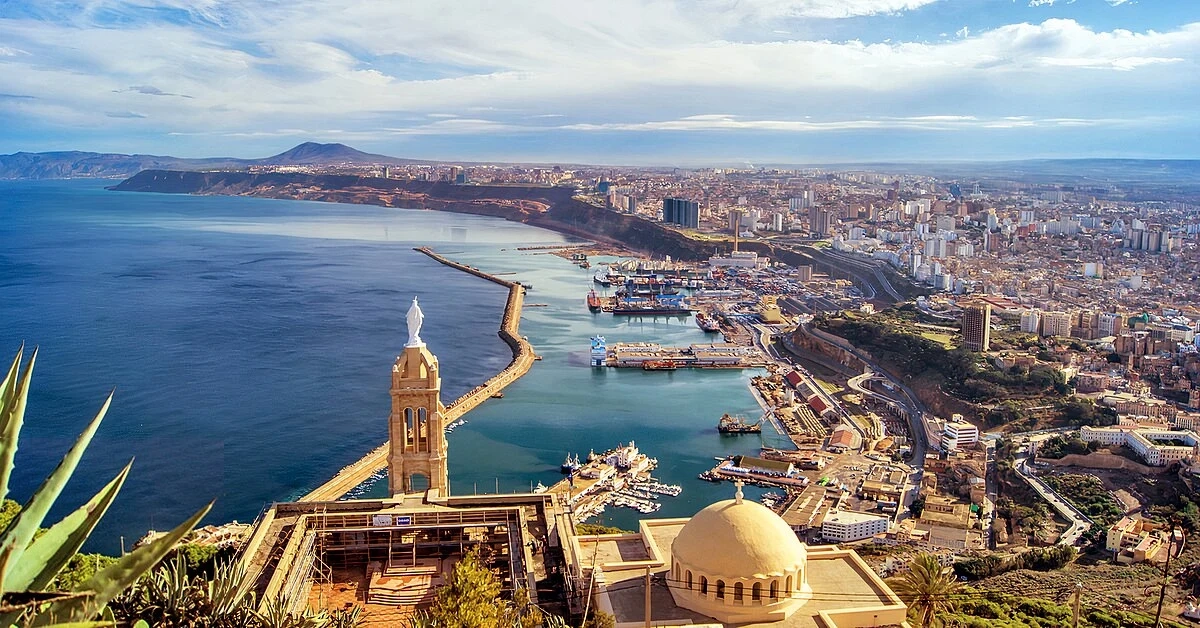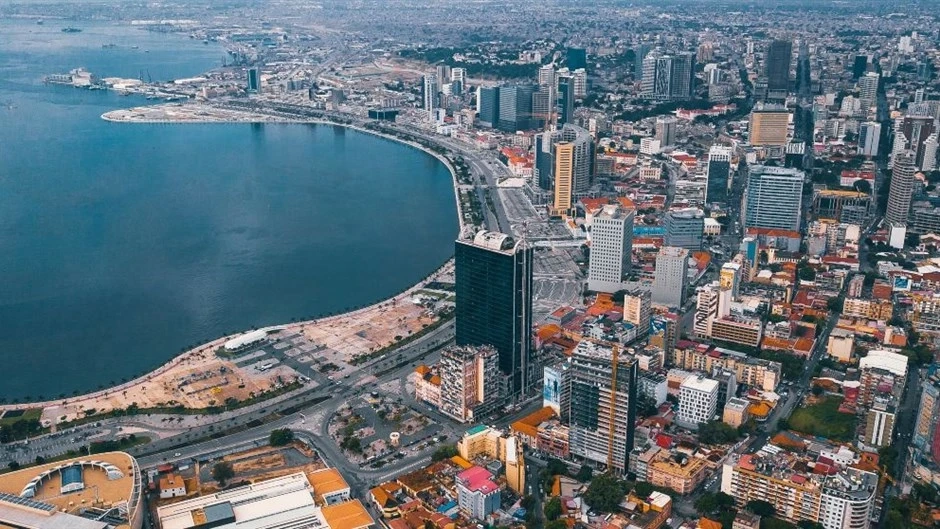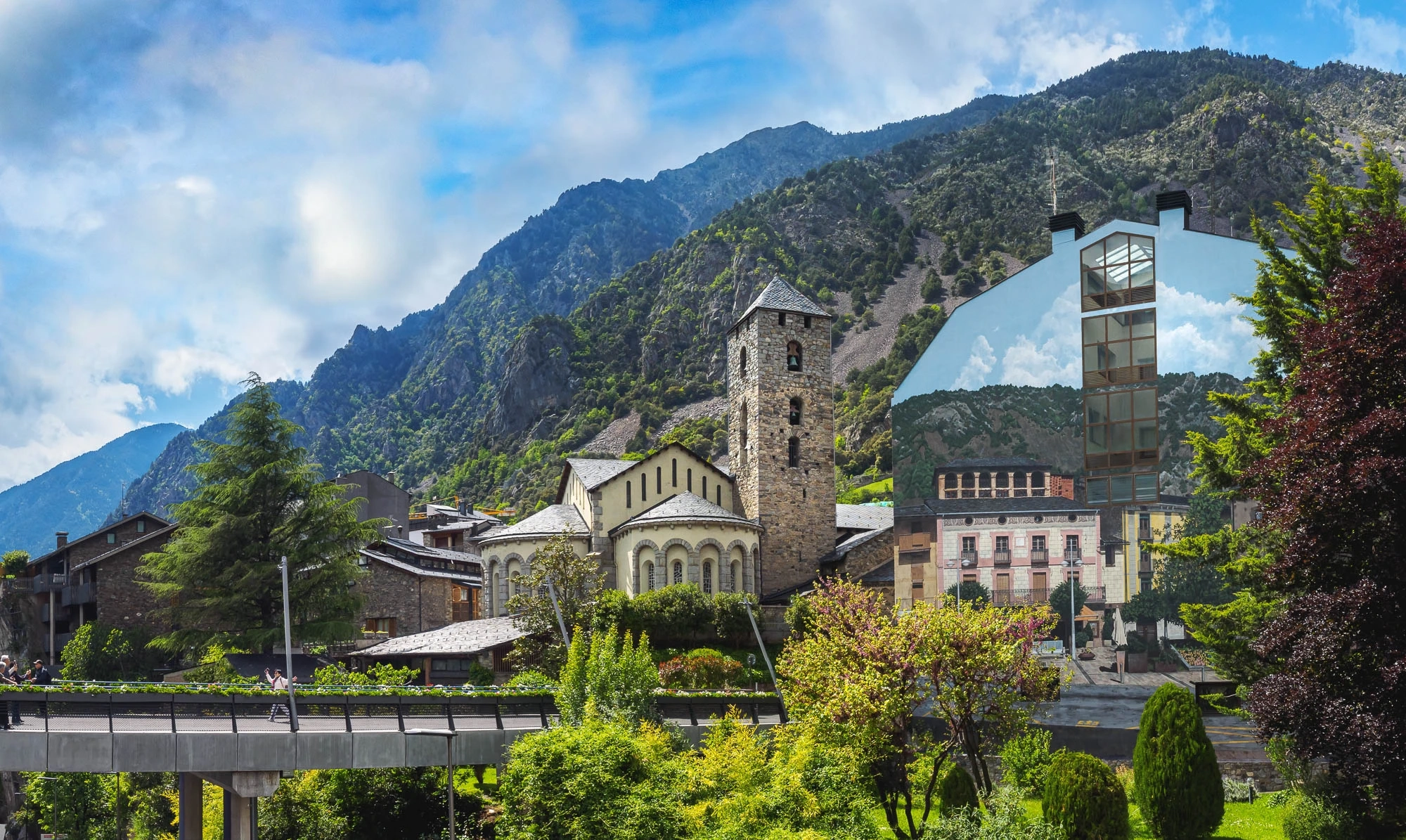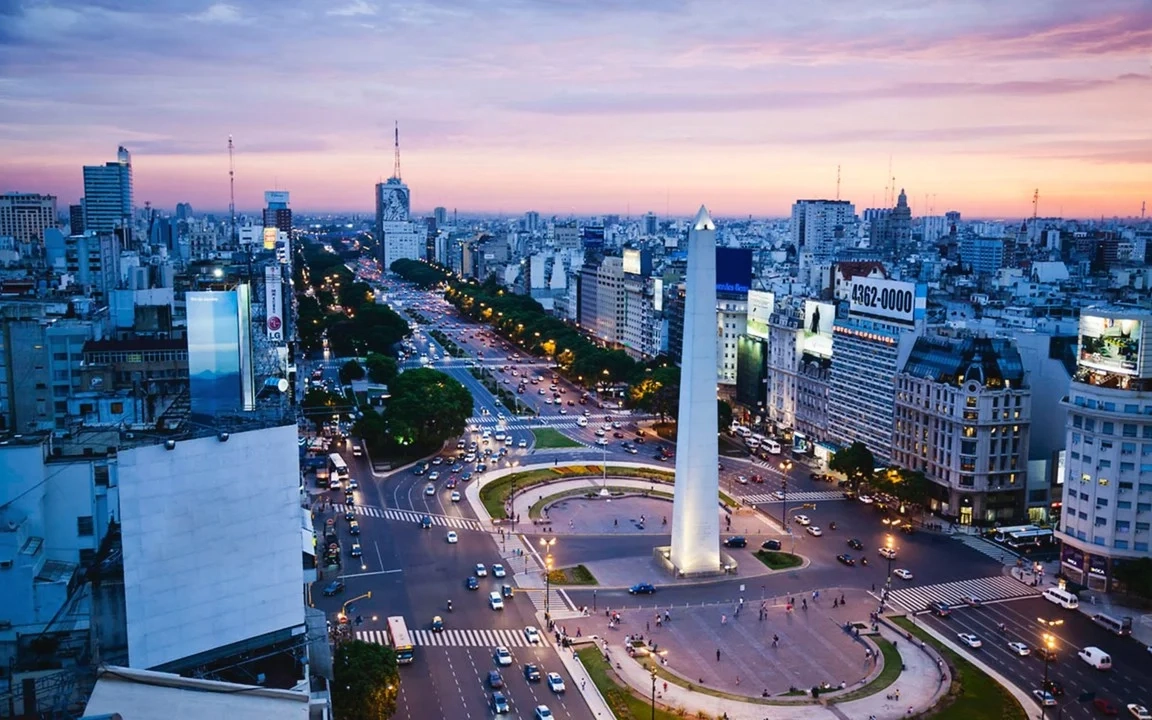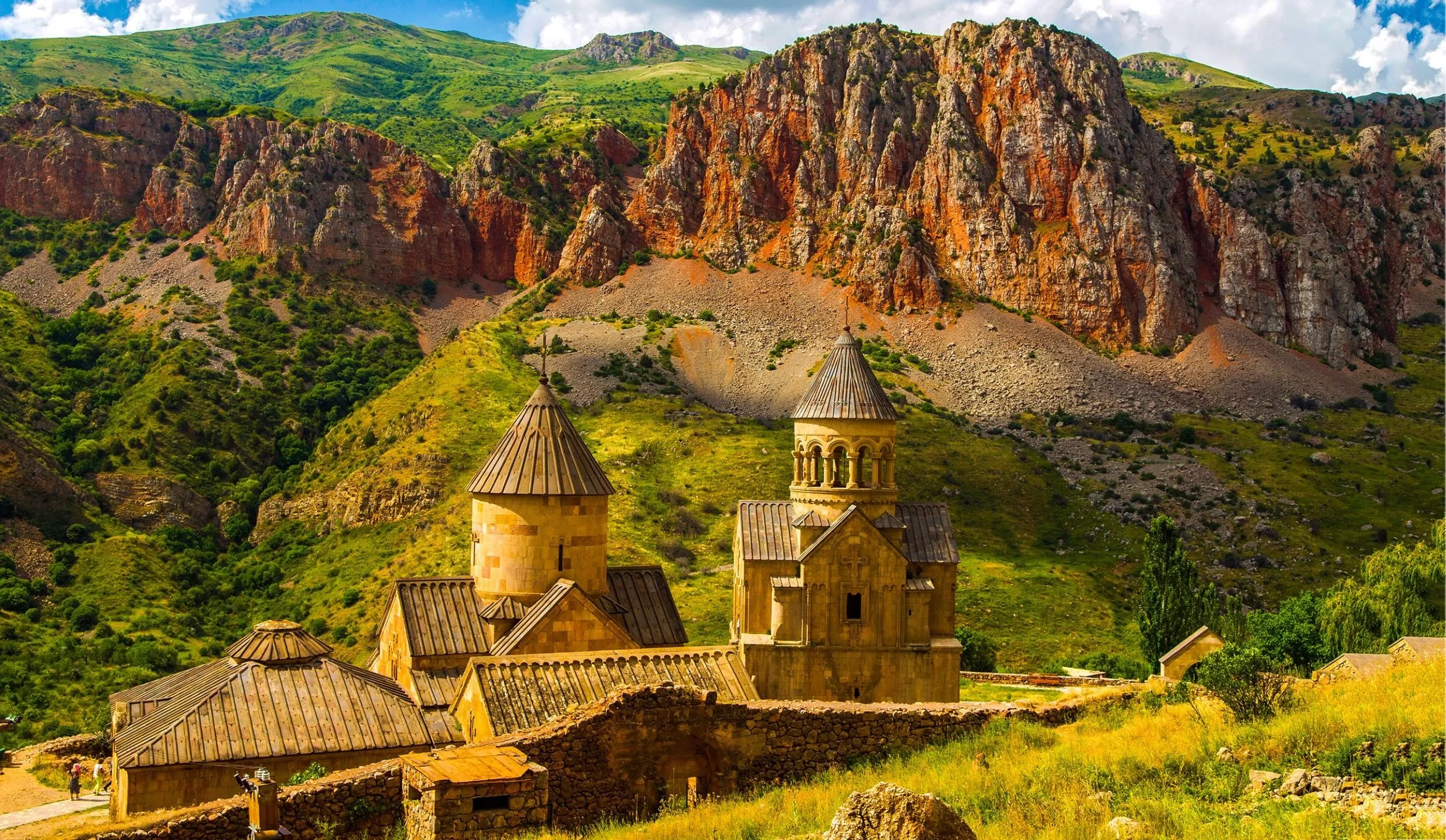1. Engineers: Engineers in fields such as civil engineering, electrical engineering, mechanical engineering and petroleum engineering are in demand, especially in the oil and gas industry.
Salary: from 1,000 to 2,500 euros per month.
2. Teachers: Teaching is a respected profession in Algeria.
Salary: from 600 to 1,500 euros per month.
3. IT professionals: Information technology professionals, including software developers and IT managers, are in demand.
Salary: from 800 to 2,000 euros per month.
4. Accountants and financial analysts: The finance and accounting sector is important in Algeria.
Salary: from 800 to 1,800 euros.
5. Skilled workers: Skilled workers such as electricians, plumbers and welders are in demand.
Salary: from 500 to 1,200 euros per month.
• Working week:
The standard working week in Algeria is usually 40 hours spread over 5 days. This means an 8-hour working day. The working week usually runs from Sunday to Thursday, with Friday and Saturday being days off.
• Vacation:
The minimum annual vacation is usually 12 to 18 working days for employees with one year of service.
• Public holidays:
Algeria celebrates several public holidays, including Islamic holidays and national holidays. These include Eid al-Fitr, Eid al-Adha, New Year's Day and Independence Day.
Employees are generally entitled to paid time off for public holidays.
• Maternity and parental leave:
Maternity leave is granted to pregnant employees and usually lasts for a specified period, usually 14 weeks or more.
Paternity leave may also be granted, allowing parents to take a few days off during the birth of their child.
• Sick leave:
Employees in Algeria are entitled to paid sick leave, the duration of which depends on the nature and severity of the illness. The first three days of sick leave may be unpaid.
• The minimum salary in Algeria is 127.3 euros per month
• Average salary in Algeria - 400 euros
1. Government initiatives:
The government of Algeria has implemented various initiatives to promote entrepreneurship, including financial incentives, subsidies and support programs. These efforts are aimed at stimulating economic growth and reducing unemployment by encouraging the creation of new businesses.
2. Challenges:
Entrepreneurs in Algeria face challenges such as bureaucratic hurdles, limited access to finance, and a complex regulatory environment. Overcoming these obstacles often requires perseverance and a deep understanding of local business practices.
3. Access to finance:
Access to finance remains a key challenge for Algerian entrepreneurs. While there are various financing options, including government loans and venture capital, attracting investment can be competitive.
4. Startup ecosystem:
The startup ecosystem in Algeria is developing, with incubators, accelerators and coworking spaces becoming increasingly popular. These centers offer support and resources for businesses in the early stages of development, fostering innovation and collaboration.
5. Popular business sectors:
- oil and gas
- agriculture
- construction
- manufacturing industry
- tourism
1. Algeria is a major economic and financial center.
2. Oran - is important for petrochemicals and production.
3. Constantine - has potential in the field of education and technology.
4. Annaba - known for its metallurgy and logistics.
5. Bejaia is a port city with developed trade and tourism.
